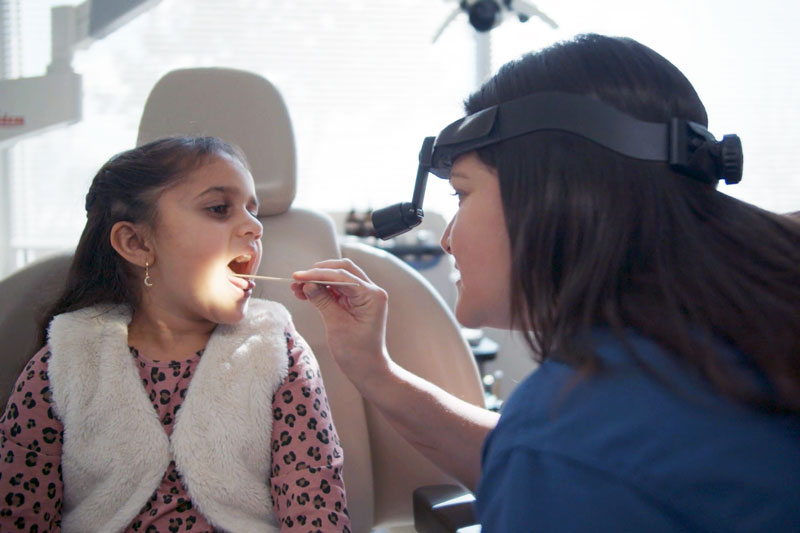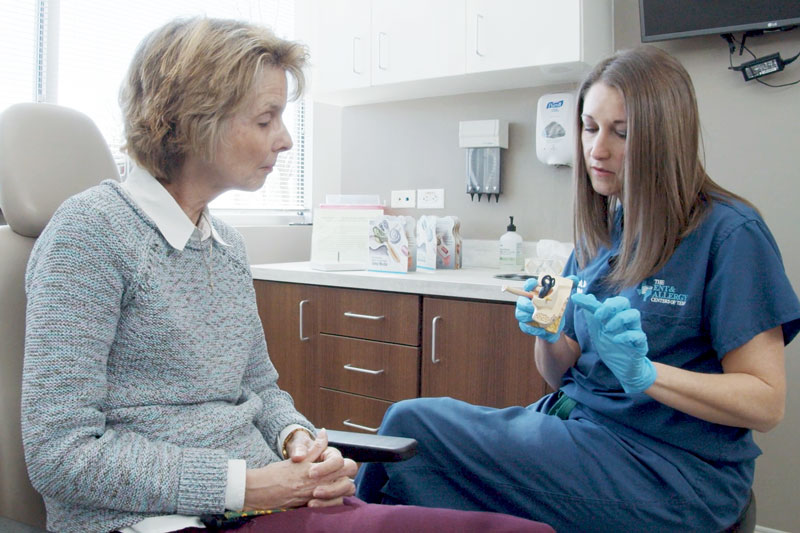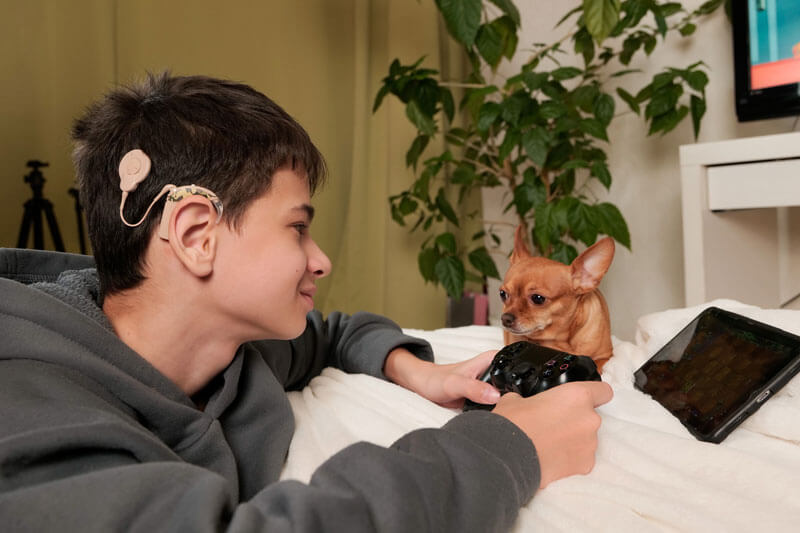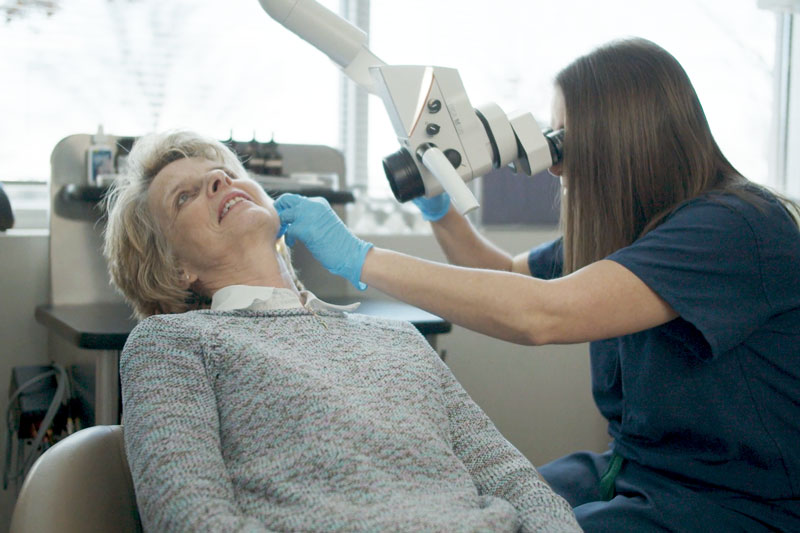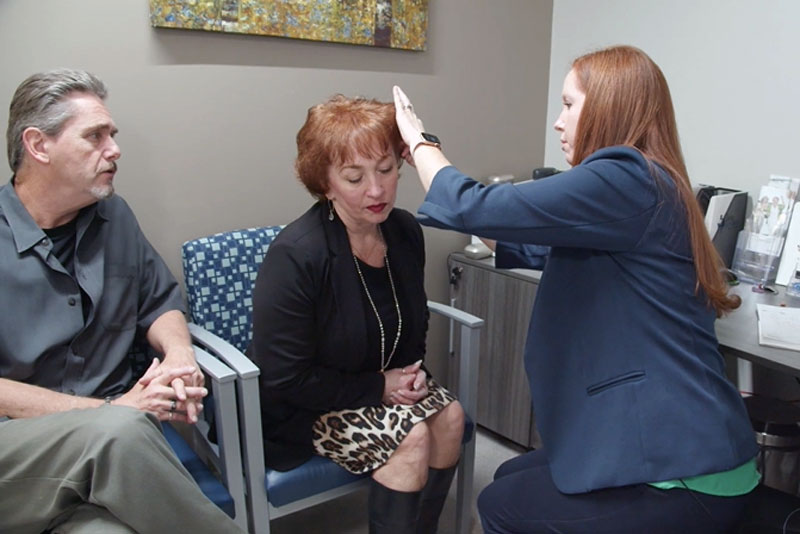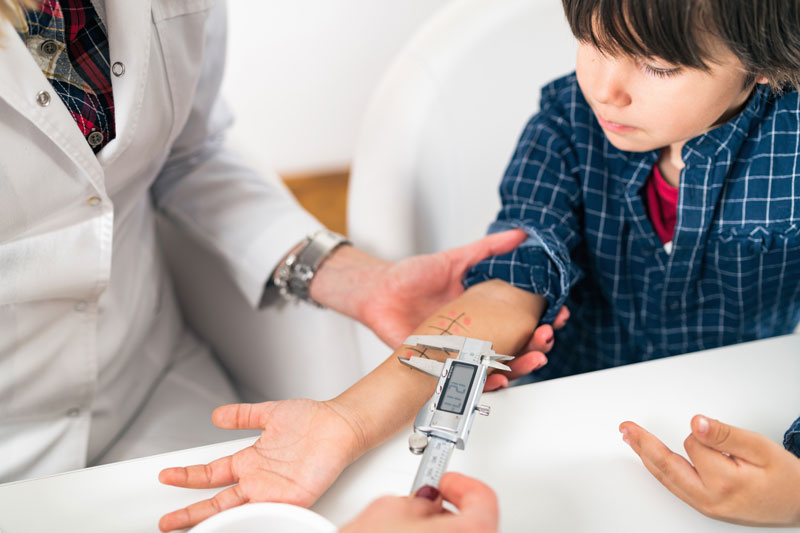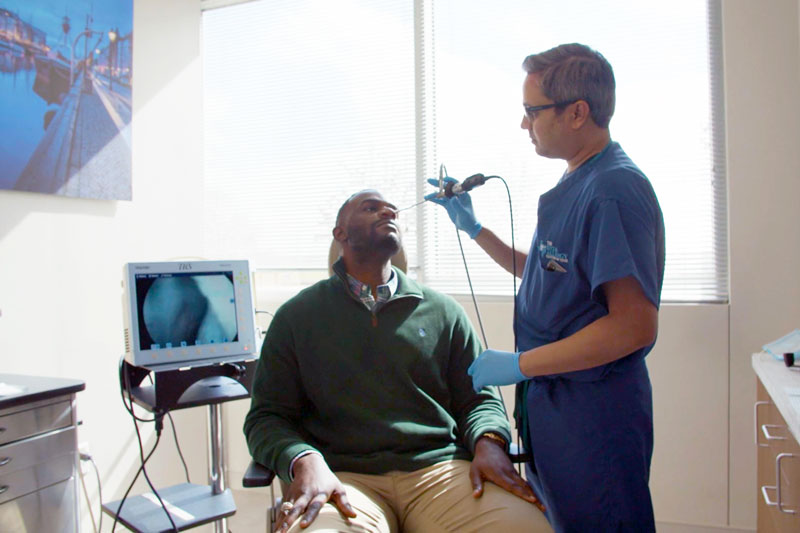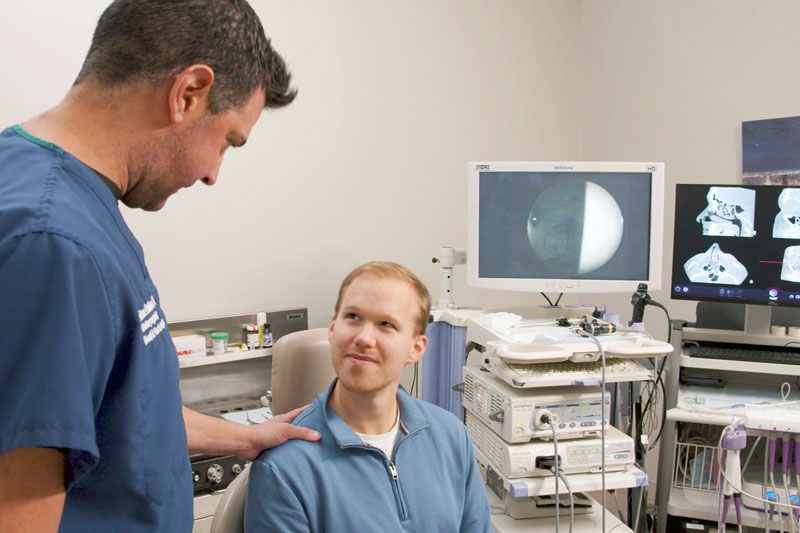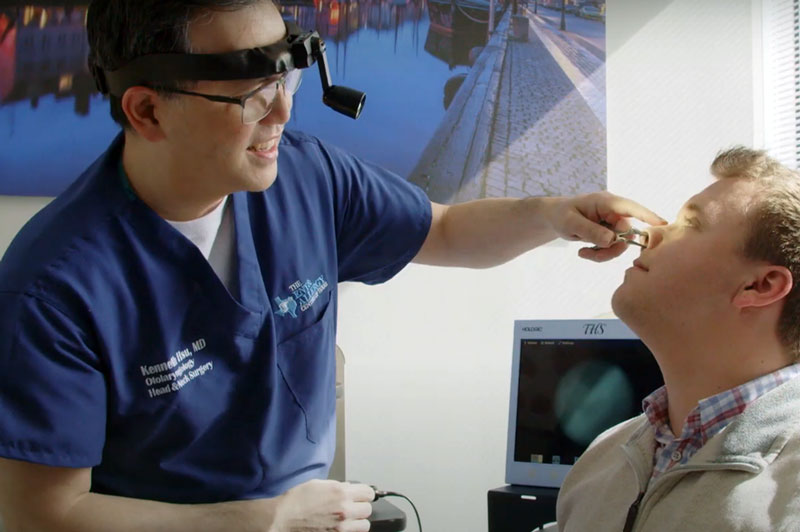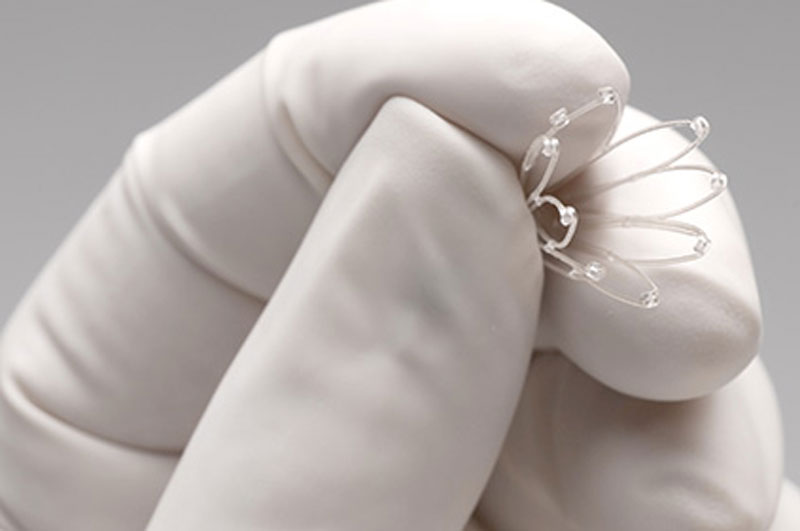What does a Pediatric ENT Specialist Do?
specifically focused on treating conditions related to the ears, nose, and throat. This doctor can effectively diagnose and treat a diverse range of issues related to these areas. When it comes to pediatric ear, nose and throat problems, recurrent acute otitis media (i.e., ear infections) is one of the most common conditions requiring treatment.This is because young children are more susceptible to this condition due to the horizontal positioning of their eustachian tubes. Additionally, chronic runny nose or nasal congestion are prevalent issues for which children may receive care from an ENT specialist.
To provide an accurate diagnosis for ENT conditions, an ENT specialist may conduct various types of examinations and tests. Common ENT screenings include audiograms to test hearing abilities and visual inspections of the ears, nose, and throat.

At What Age Should a Child See a Pediatric ENT Specialist?

How Often Should a Child Get a Check-Up With a Pediatric ENT Specialist?
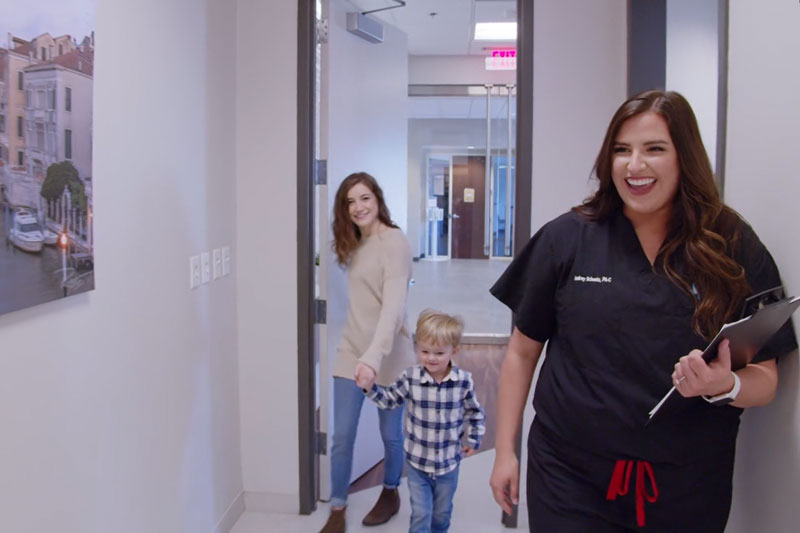
What Are Some Signs That a Child Needs to See a Pediatric ENT Specialist?
Ear, nose, and throat problems exhibit similar symptoms in both children and adults. However, children may not be able to express their symptoms adequately to their caregivers, and if these symptoms are not apparent, they may go unnoticed. Signs that an ENT consultation may be necessary include:
- Frequently rubbing their ears or becoming overly fussy
- Being treated multiple times by their pediatrician for an ear, nose, or throat infection or other recurring symptoms
- Frequent snoring
- Nasal drainage, congestion, or mouth-breathing
- Seasonal or environmental allergies
- Recurring sore throat or sinus infections
- Indications of hearing loss or speech delay
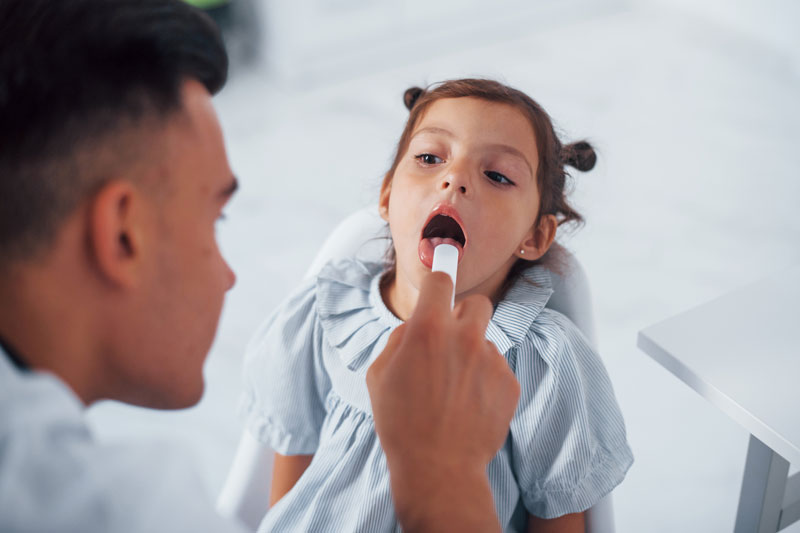
What can I expect at a pediatric ENT visit?
During your child’s appointment, the ENT specialist will address their primary complaint or symptoms. For instance, if your child has recurring ear infections or experiences chronic ear pain, the examination will concentrate on their ears. The doctor employs specialized equipment for each part of the ENT examination, including small lights and cameras when necessary, or a type of microscope to expand the visual field of study. At no point during the examination should your child experience pain, although some specialized tests may feel unusual. Understandably, your child may feel nervous to some degree. However, you can anticipate the doctor and the welcoming staff to provide care that is as comfortable as possible for your child, based on their age and their understanding of the examination’s procedures. If you have any questions before or during your child’s ENT exam, please do not hesitate to ask.

